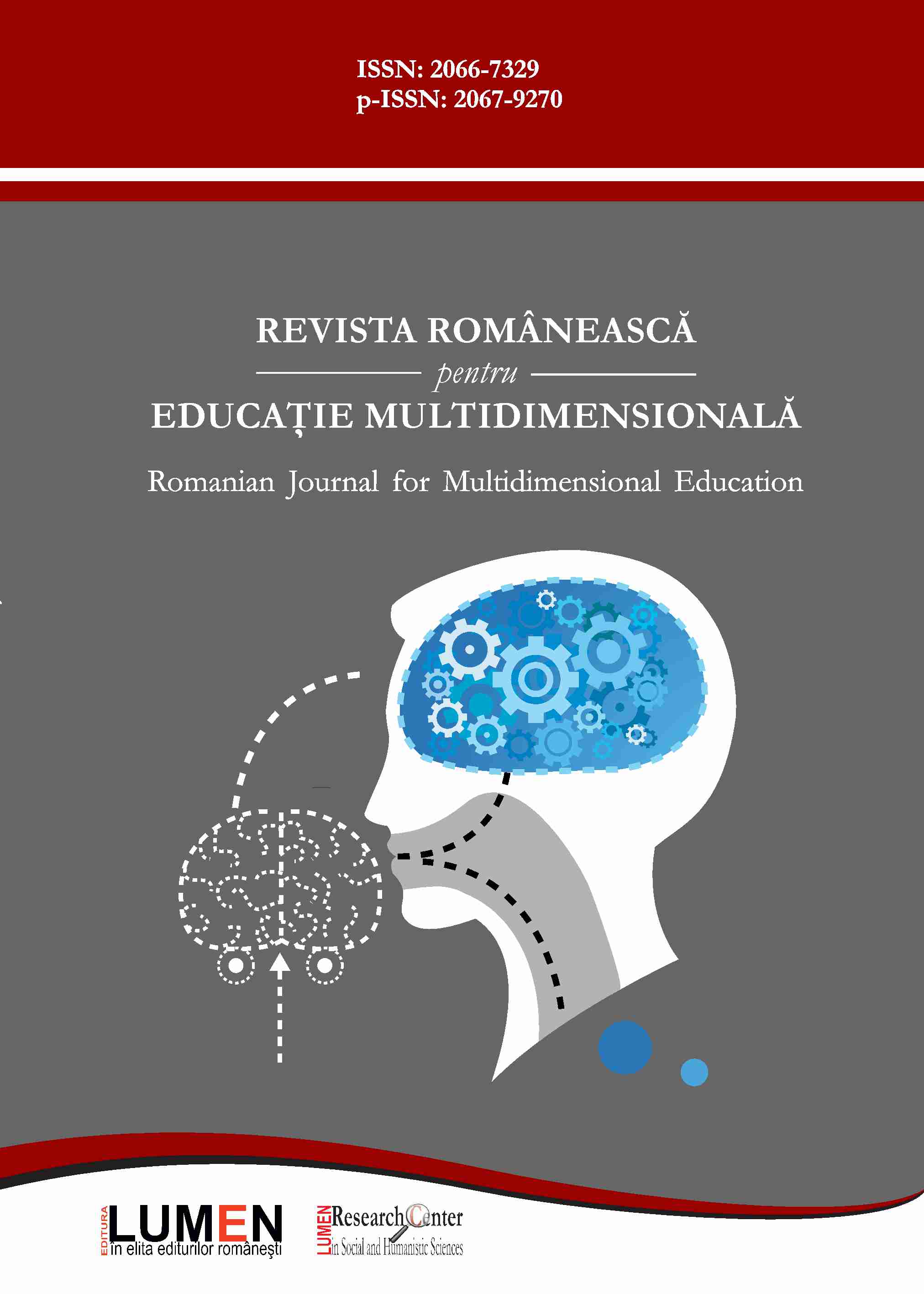Is Autism Spectrum Disorders Screening Test, Valid and Reliable for Persian-speaking Children?
Is Autism Spectrum Disorders Screening Test, Valid and Reliable for Persian-speaking Children?
Author(s): Mansoureh Karimzadeh, Ali Reza Baneshi, Mahnaz Dehghan Tezerjani, Robab TeymouriSubject(s): Education, Psychology
Published by: Editura Lumen, Asociatia Lumen
Keywords: Normalization; screening; neurodevelopmental disorders; Autism Spectrum Disorders
Summary/Abstract: Background: Children with autism spectrum disorders have difficulties in developing social, language, communication and motor skills. Therefore, its early diagnosis can lead to early interventions and to improve developmental outcomes. The purpose of the study was normalization of the Autism Spectrum Disorders Screening Test, which aims to screen this disorder in lower ages (12 to 48 months).Methods: The population of the current study was all children with neurodevelopmental disorders and normal children in Tehran. In this descriptive study, children with neurodevelopmental disorders (135 autistic and 70 intellectually disabled) and normal children (47 individuals for discriminant validity) were selected purposefully, and their parents answered the screening test (Siegel, 2004).Results: The results of the discriminant validity indicated that the mean of three groups (normal, intellectually disabled, and autism spectrum disorder) was from lowest to the highest respectively (P=0.001). The cut-off point was determined score 5 and higher. The reliability of the test was 0.73.Conclusion: Based on the obtained findings, it seems that this test has the ability to screen Iranian children with autism spectrum disorders and intellectually disabled children.
Journal: Revista Românească pentru Educaţie Multidimensională
- Issue Year: X/2018
- Issue No: 3
- Page Range: 48-59
- Page Count: 12
- Language: English

